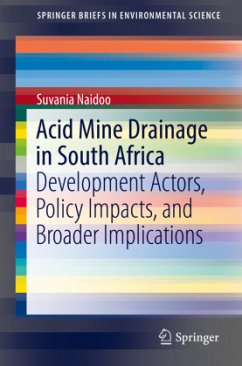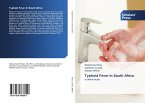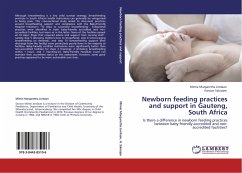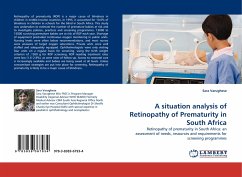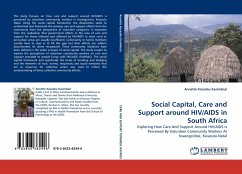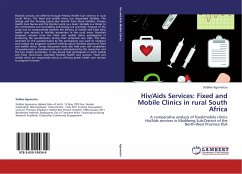This SpringerBrief focuses on Acid Mine Drainage (AMD) in the three basins in the Witwatersrand, South Africa. It provides a background to AMD and its impactsfrom a social science perspective.The South African government and non-governmental organizations' response to AMD is assessed, as well the socio-economic and developmental effects of AMD. This volume, which is based on the author's Master's dissertation at UNISA, involves interviews with a range of experts in the field from government departments, environmental organisations (activists), the private sector (mining), tourism sector and the agricultural sector. The book discusses existing policy documents on AMD and provides recommendations in response to the many socio-economic impacts which have not been fully addressed. A literature review on the global context of AMD is provided.
South Africa's water systems are already severely harmed by climate change, different forms of pollution, and poorly managed sanitation systems. For these reasons, the country is becoming increasingly water-stressed and therefore, water will continue to become much scarcer in the future. As a result of AMD's continued impact on South Africa's water systems, as a technical or scientific matter as well as the policy implications for the mining sector, water security and socio-economic sustainability has become a highly contested issue.
South Africa's water systems are already severely harmed by climate change, different forms of pollution, and poorly managed sanitation systems. For these reasons, the country is becoming increasingly water-stressed and therefore, water will continue to become much scarcer in the future. As a result of AMD's continued impact on South Africa's water systems, as a technical or scientific matter as well as the policy implications for the mining sector, water security and socio-economic sustainability has become a highly contested issue.

